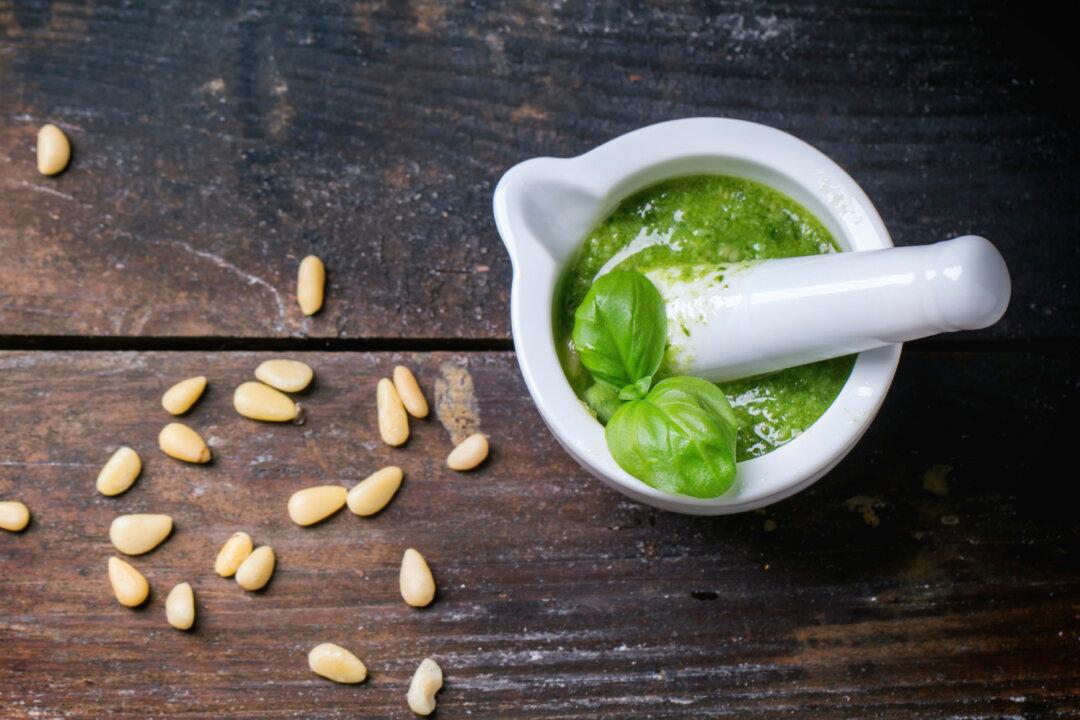By Olivia McFadyen, Organic Lifestyle Magazine
Good news. Fat is your friend. Forget anything you’ve ever read, been told, or been bombarded with on the supermarket shelves. Fat and cholesterol are vital for your health and wellbeing. Pretty good news, huh?
The key is to eat the right fats, in moderation. Fats support healthy hormones, promote skin regeneration, reduce sugar cravings, keep you fuller for longer, burn (yes, I said burn) body fat, support brain health, boost energy levels and metabolism, protect your immune system, and optimize your health.
The key is to eat the right fats, in moderation.


